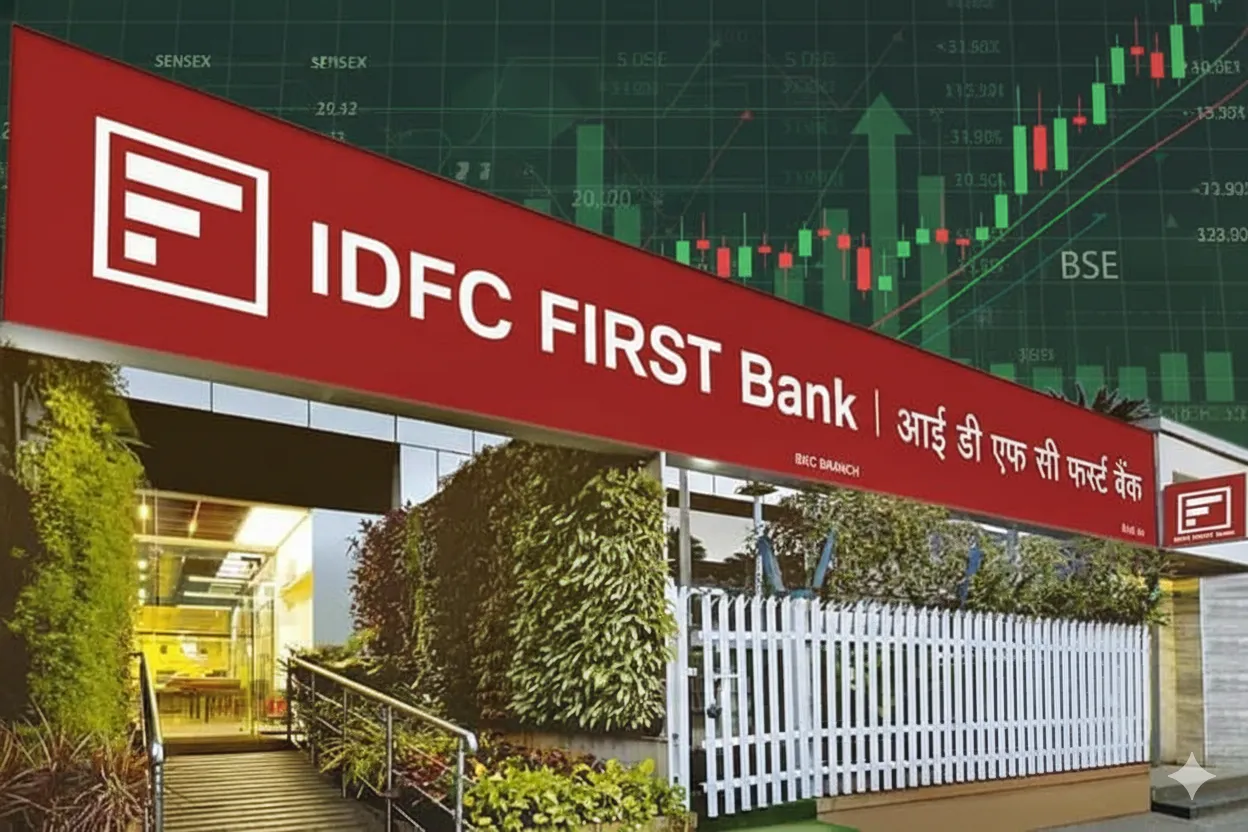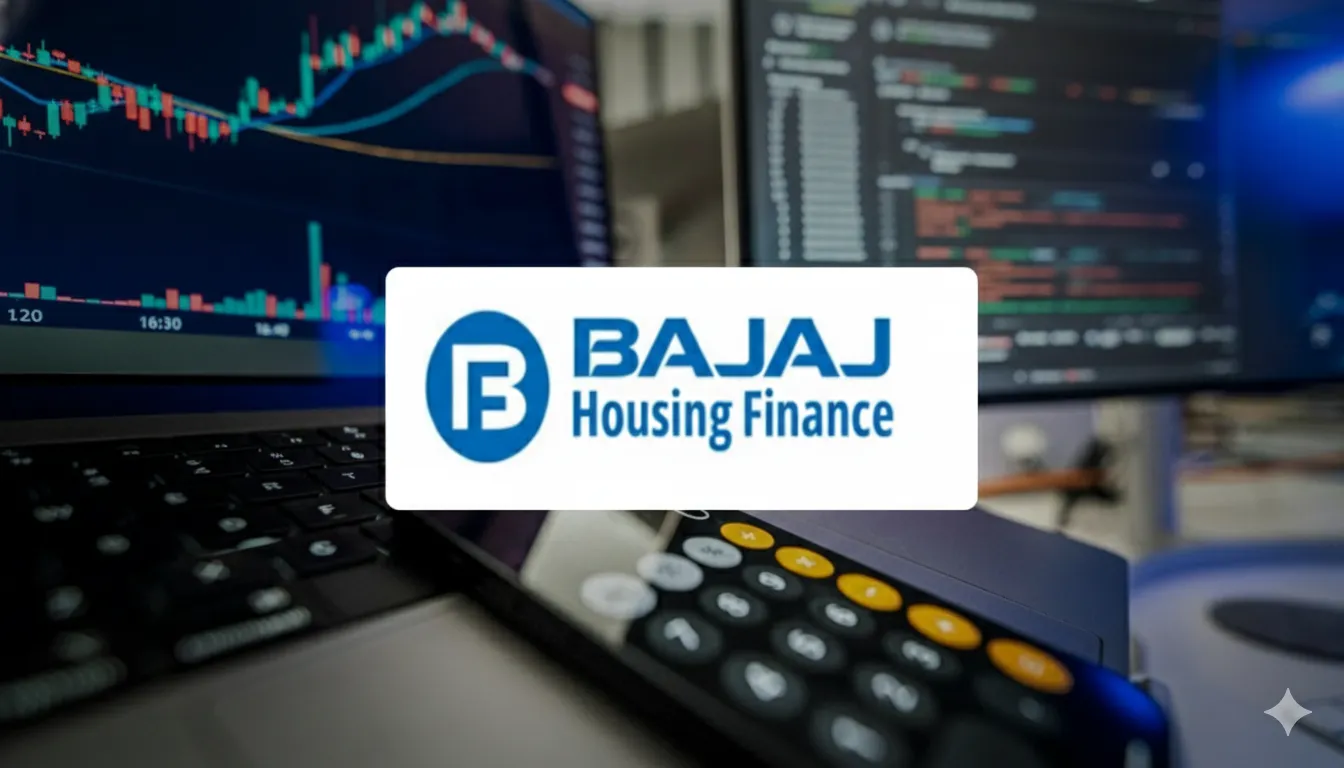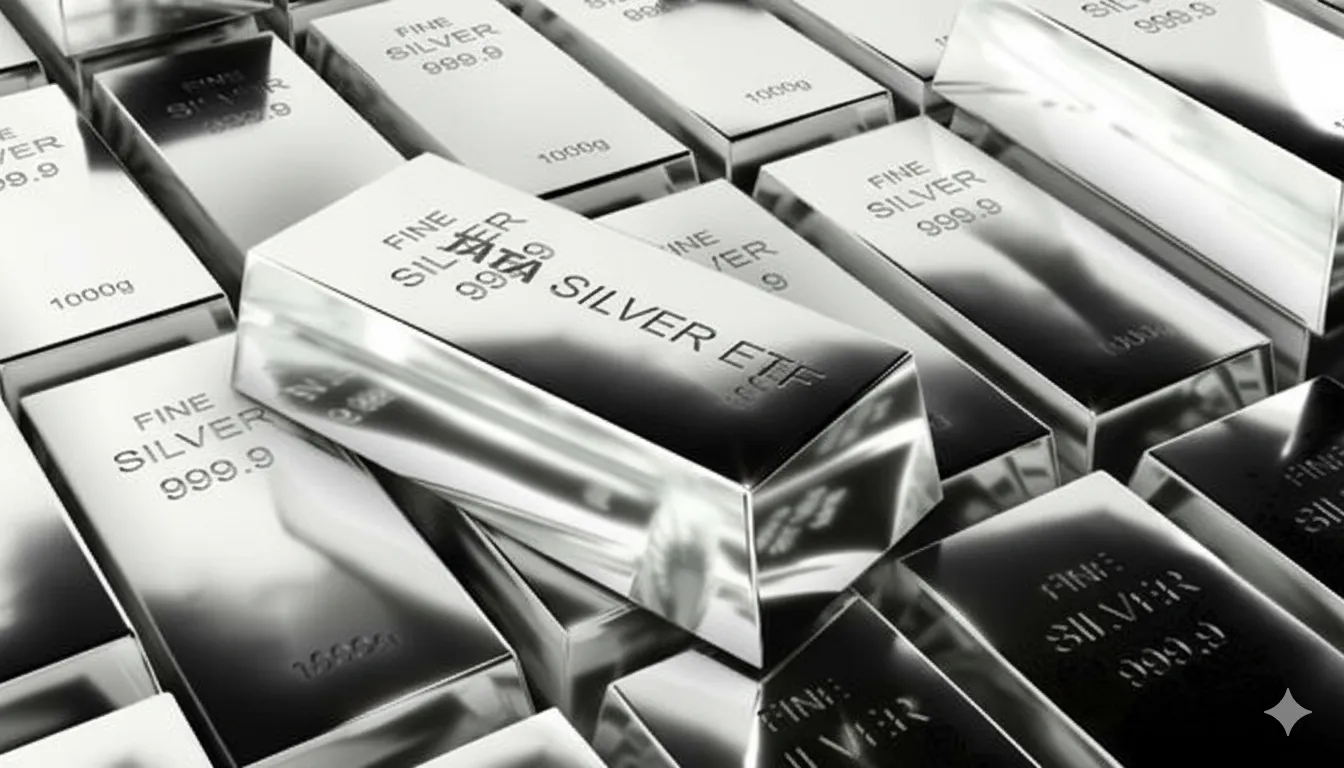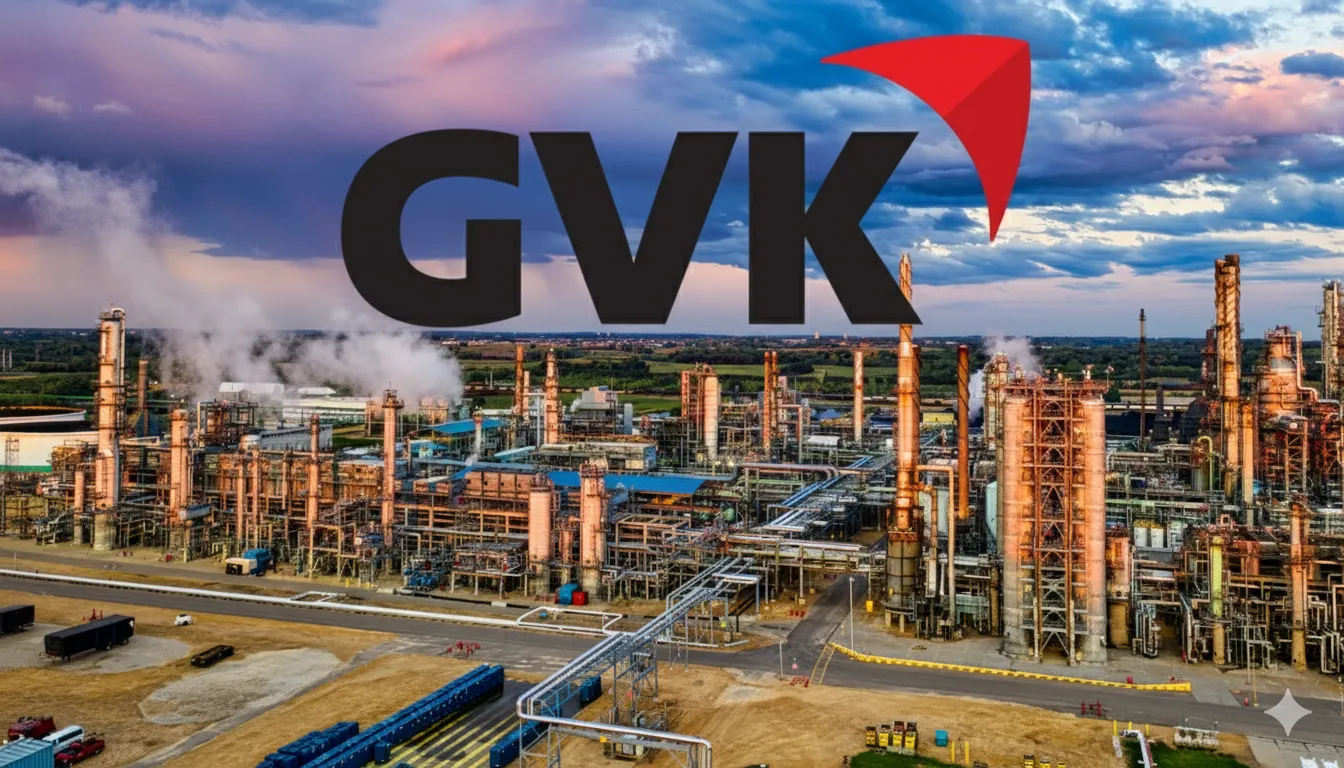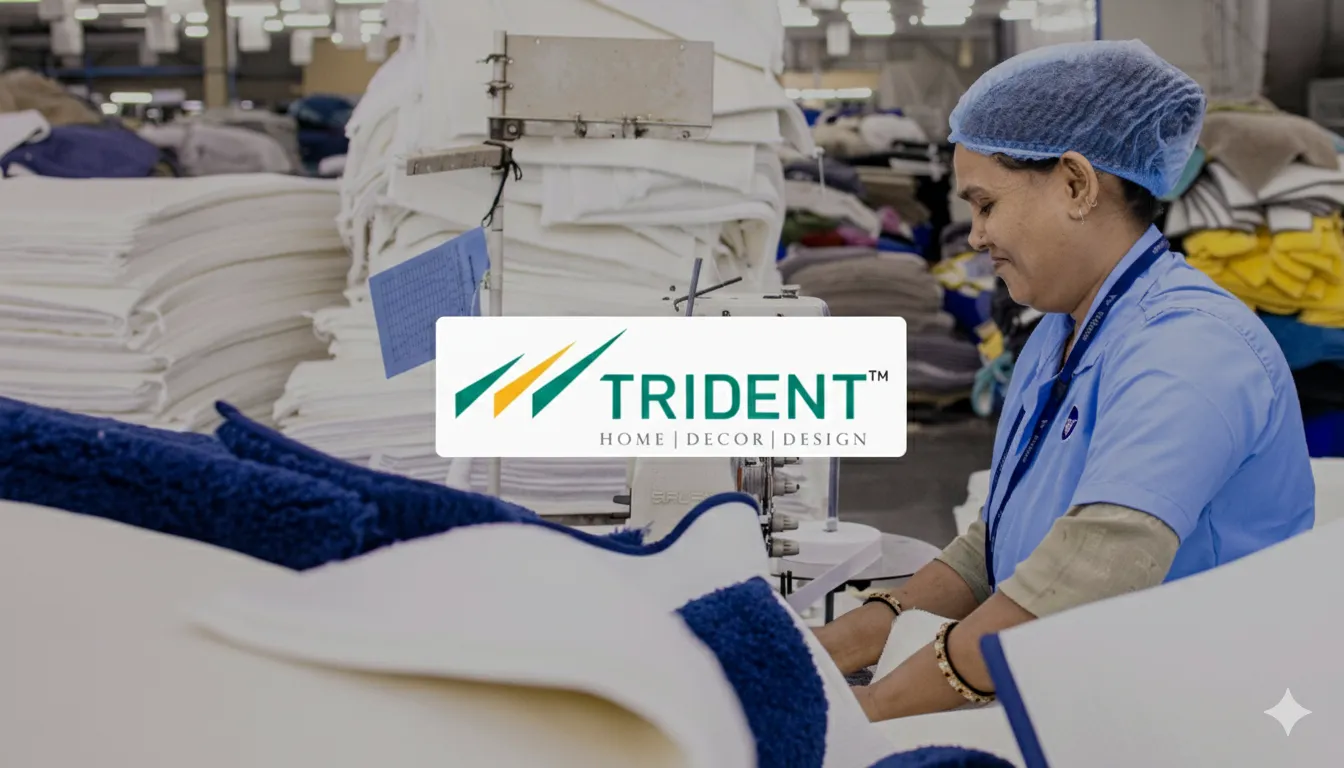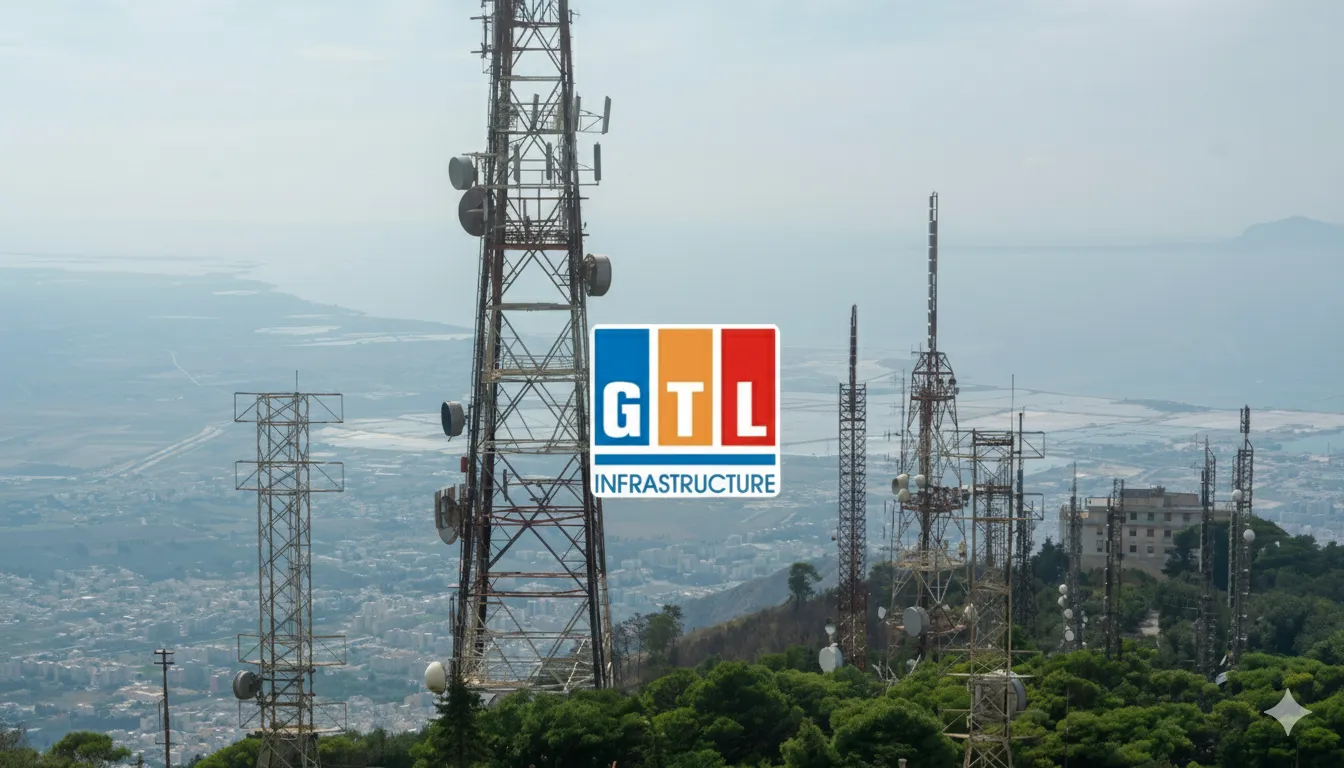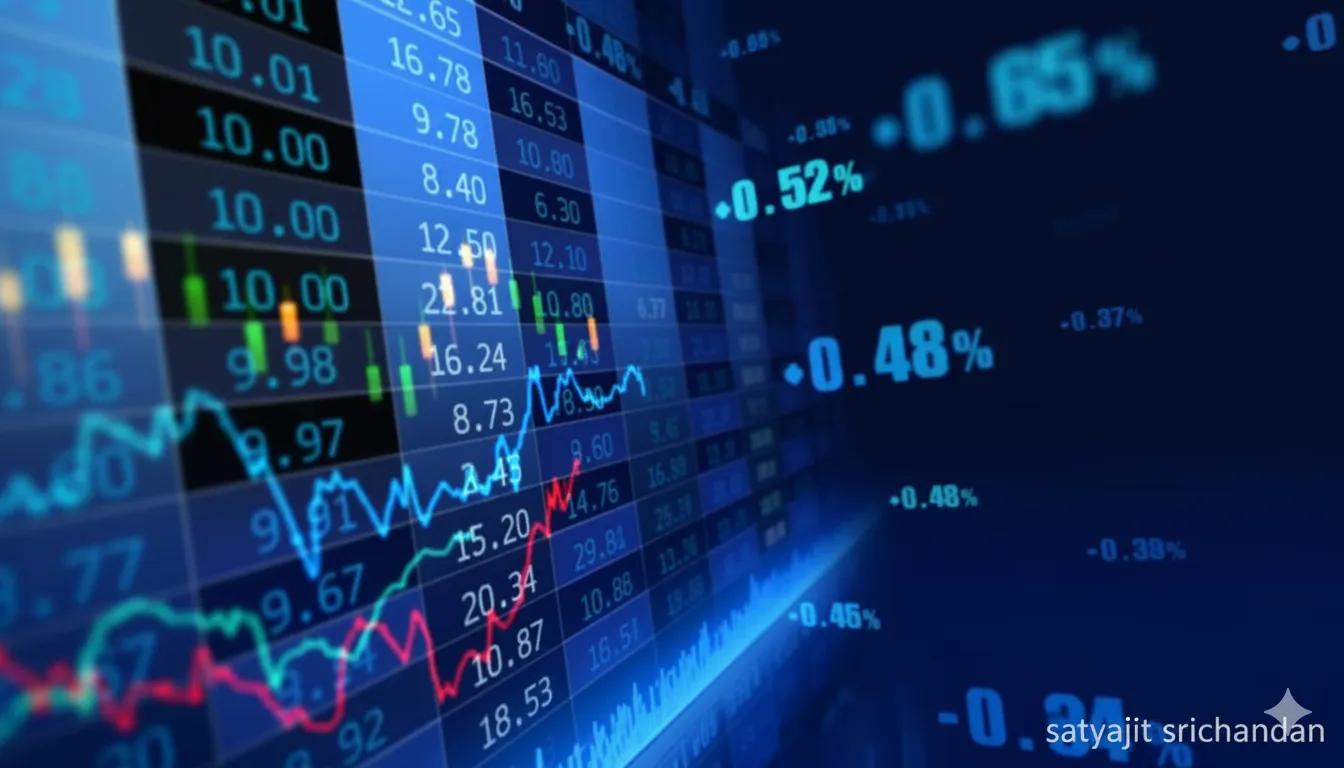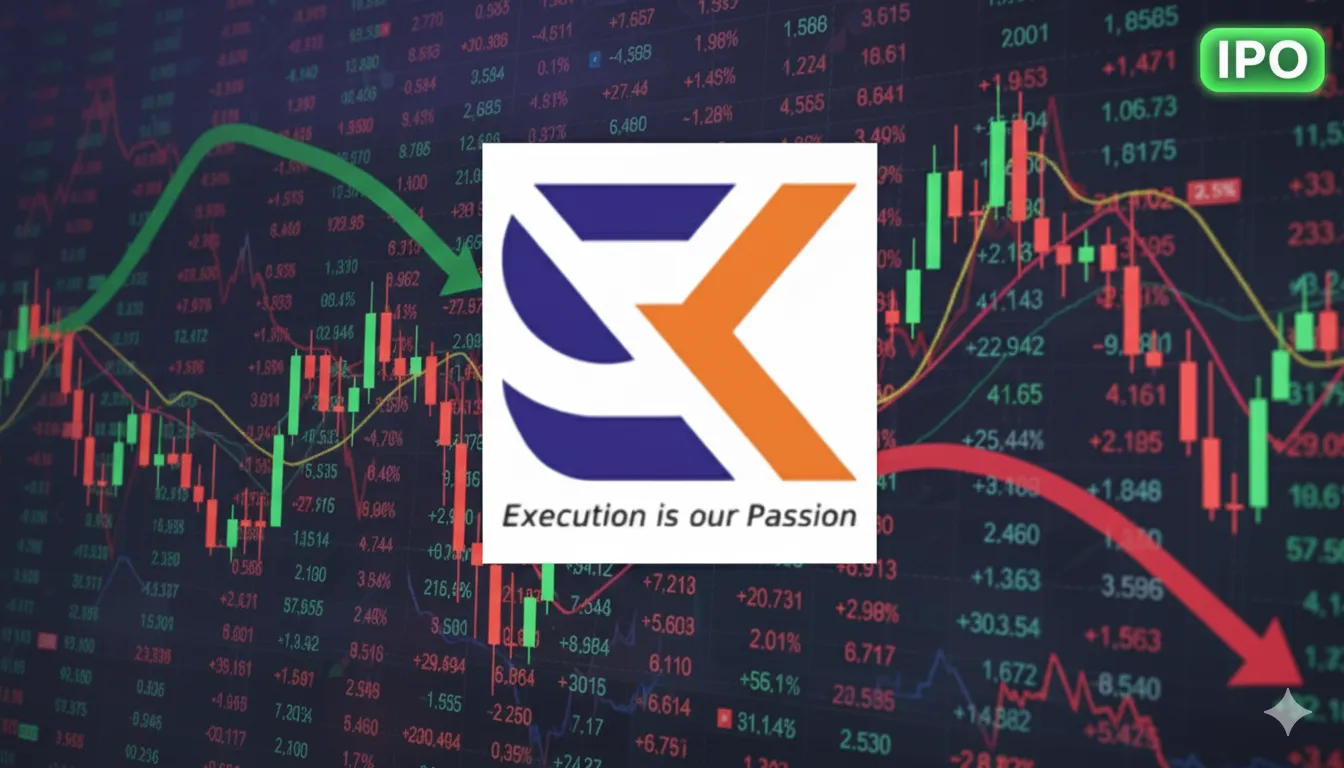IDFC First Bank Ltd. has steadily evolved into one of India’s most promising private banks, capturing investor attention with its consistent retail expansion, digital transformation, and improving profitability. As of October 2025, the stock trades around ₹71–74 with a market capitalization of about ₹60,000 crore.
In recent quarters, the bank has shown strong deposit growth (up nearly 39% YoY in FY24) and double-digit advances growth, though provisioning pressures from its microfinance book have weighed on margins. Still, analysts see IDFC First Bank as a long-term compounding story, thanks to its focus on retail lending, digital innovation, and improving asset quality.
Let’s explore IDFC First Bank’s share price target from 2025 to 2050, based on fundamentals, growth trends, and market projections.
About the Company
IDFC First Bank was formed in 2018 after the merger of IDFC Bank and Capital First, creating a strong retail-focused entity under the leadership of V. Vaidyanathan.
Key Highlights:
- Founded: 2015 (as IDFC Bank; merged with Capital First in 2018)
- Headquarters: Mumbai, Maharashtra
- Industry: Private Sector Banking & Financial Services
- Focus Areas: Retail loans, consumer finance, MSME lending, and digital banking
- Market Cap (Oct 2025): ~₹60,000 crore
The bank’s transformation from an infrastructure-focused NBFC (IDFC Ltd.) to a retail-driven digital bank has reshaped its financial trajectory over the last decade.
Fundamental Analysis
Revenue & Profit Trends
- FY24 Total Income: ₹37,355 crore (up ~20% YoY)
- Net Profit: ₹1,301 crore
- EPS: ₹1.70
- ROE: 7.87% (expected to rise toward 10–12% by FY26)
After years of post-merger losses, IDFC First Bank is now consistently profitable, driven by a retail loan mix above 80% and better cost control.
Valuation Metrics (P/E, ROE, EPS)
| Metric | FY24 | Remarks |
|---|---|---|
| P/E Ratio | ~43x | Slightly elevated; reflects growth optimism. |
| ROE | 7.87% | Improving from ~3% in FY22. |
| EPS | ₹1.70 | Could grow 2–3x by FY28 if margins stabilize. |
| Book Value per Share | ₹35–38 | Consistent improvement with retained earnings. |
Balance Sheet Strength
| Key Parameter | FY24 (₹ Cr) | FY23 (₹ Cr) | % Growth | Highlights |
|---|---|---|---|---|
| Deposits | 2,00,570 | 1,44,470 | +38.8% | Retail-heavy deposits improving CASA ratio. |
| Advances | 1,94,590 | 1,51,790 | +28.2% | 19% retail/MSME loan growth; NIM at 6.1%. |
| Gross NPA | 1.87% | 2.5% | – | Declining steadily. |
| Net NPA | 0.6% | 0.86% | – | Strong asset quality improvement. |
| Capital Adequacy Ratio | 16.1% | 16.8% | – | Comfortable capital levels. |
Overall, the bank’s asset growth of 28% YoY demonstrates strong operational momentum despite sector-wide challenges.
Shareholding Pattern (as of FY25)
| Category | Holding |
|---|---|
| Promoters (IDFC Financial Holding Co. Ltd.) | ~37% |
| FIIs | ~17% |
| DIIs | ~20% |
| Retail & Others | ~26% |
Institutional investors have gradually increased their stake, signaling growing confidence in the bank’s long-term outlook.
Past Stock Performance
Since the 2018 merger, IDFC First Bank’s stock has experienced volatility, moving between ₹30 and ₹100 over cycles. Despite short-term corrections, it has delivered CAGR returns of around 12–15% over five years, reflecting improving fundamentals and growing investor trust.
The current consolidation near ₹74 positions it attractively for medium to long-term accumulation.
IDFC First Bank Share Price Target 2025–2050
| Year | Minimum (₹) | Average (₹) | Maximum (₹) |
|---|---|---|---|
| 2025 | 100 | 130–150 | 180 |
| 2026 | 120 | 160–180 | 200 |
| 2027 | 140 | 180–210 | 230 |
| 2028 | 160 | 200–230 | 250 |
| 2029 | 170 | 210–240 | 270 |
| 2030 | 180 | 200–250 | 300–350 |
| 2035 | 300 | 400–500 | 600 |
| 2040 | 450 | 500–600 | 800 |
| 2045 | 700 | 850–950 | 1,200 |
| 2050 | 900 | 1,000–1,200 | 1,500 |
IDFC First Bank Share Price Target and Forecast for 2025 – 2050
IDFC First Bank Share Price Target 2025
With growing deposits, stable NIM, and double-digit profit growth, IDFC First Bank could test ₹130–150 by the end of FY25. Market sentiment remains positive as the bank controls NPAs and expands its retail franchise.
IDFC First Bank Share Price Target 2026–2027
As digital banking penetration deepens and retail loan books expand, the stock may rise to ₹180–210 by 2027. Higher profitability and steady ROE improvement will drive valuation re-rating.
IDFC First Bank Share Price Target 2028–2030
By 2030, the bank could trade between ₹200–350, assuming a 15% CAGR in profit and ROE improvement to 12–13%. Broader private banking sector expansion and GDP growth will act as key tailwinds.
IDFC First Bank Share Price Target 2035
If the bank sustains strong growth and benefits from India’s credit boom, its valuation could reach ₹400–500, driven by consistent returns and strong capital adequacy.
IDFC First Bank Share Price Target 2040–2045
Continued financial digitization, rural reach, and profitability improvement could push the share price into the ₹600–1,000 range by 2045.
IDFC First Bank Share Price Target 2050
By 2050, assuming 12–15% compounding and stable economic growth, IDFC First Bank could become a potential multibagger, trading around ₹1,000–1,500.
Growth Drivers
- Retail-Focused Model: 80%+ of total loans are retail, ensuring stable margins.
- Digital Transformation: Mobile-first initiatives reducing costs and improving customer acquisition.
- Low NPA Levels: Strong credit quality post-merger and improved risk management.
- Deposit Growth Momentum: CASA deposits growing above industry average.
- Management Strength: Led by visionary CEO V. Vaidyanathan with proven execution record.
- India’s Economic Growth: Rising income levels and credit demand boosting retail lending.
Expert Views
- Motilal Oswal: Expects IDFC First Bank to deliver 15–18% CAGR in earnings over the next three years.
- Moneycontrol Analysts: Maintain a “Buy” rating with a target of ₹150–160 for 2025.
- HDFC Securities: Notes the bank’s “best-in-class retail lending franchise” among mid-sized banks.
- ICICI Direct: Forecasts long-term re-rating as ROE moves toward 13–14% by FY27.
Risks & Challenges
- Microfinance Exposure: High stress in rural/MFI segments.
- Competitive Pressure: From HDFC Bank, Axis Bank, and fintech lenders.
- Provisioning Impact: Higher credit costs could dent margins.
- Regulatory Risks: Changes in RBI norms on lending or deposits.
- Interest Rate Sensitivity: NIMs may compress in a rising rate environment.
Investment Suitability
Ideal For:
- Long-term investors seeking exposure to India’s private banking growth.
- Those comfortable with moderate risk and volatility.
- Investors preferring digital-first banks with retail leadership.
Not Ideal For:
- Short-term traders seeking quick returns.
- Those avoiding cyclical banking exposure.
FAQs
-
What will be IDFC First Bank’s share price in 2030?
By 2030, IDFC First Bank’s share price could range between ₹200 and ₹350, assuming continued profitability growth and stable NPAs.
-
Can IDFC First Bank reach ₹200 by 2028?
Yes, with current growth momentum and improving ROE, the bank could easily reach ₹200 by FY2028.
-
Is IDFC First Bank good for long-term investment?
Yes. With strong retail lending, digital transformation, and healthy balance sheet, it’s a solid long-term compounder in the private banking space.
Conclusion
IDFC First Bank has come a long way from its infrastructure finance roots to becoming one of India’s fastest-growing retail banks. With a clear strategy, improving profitability, and strong management, the bank is well-positioned for sustained value creation in the coming decades.
While short-term challenges like provisioning and competition remain, the long-term outlook is decisively bullish. Investors with patience and a 5–25 year horizon may find this stock an excellent addition to their portfolio.
